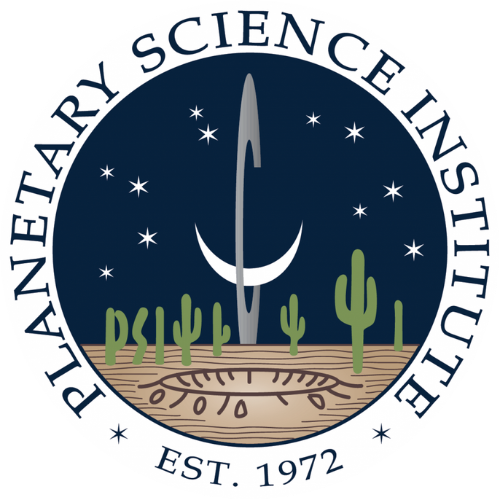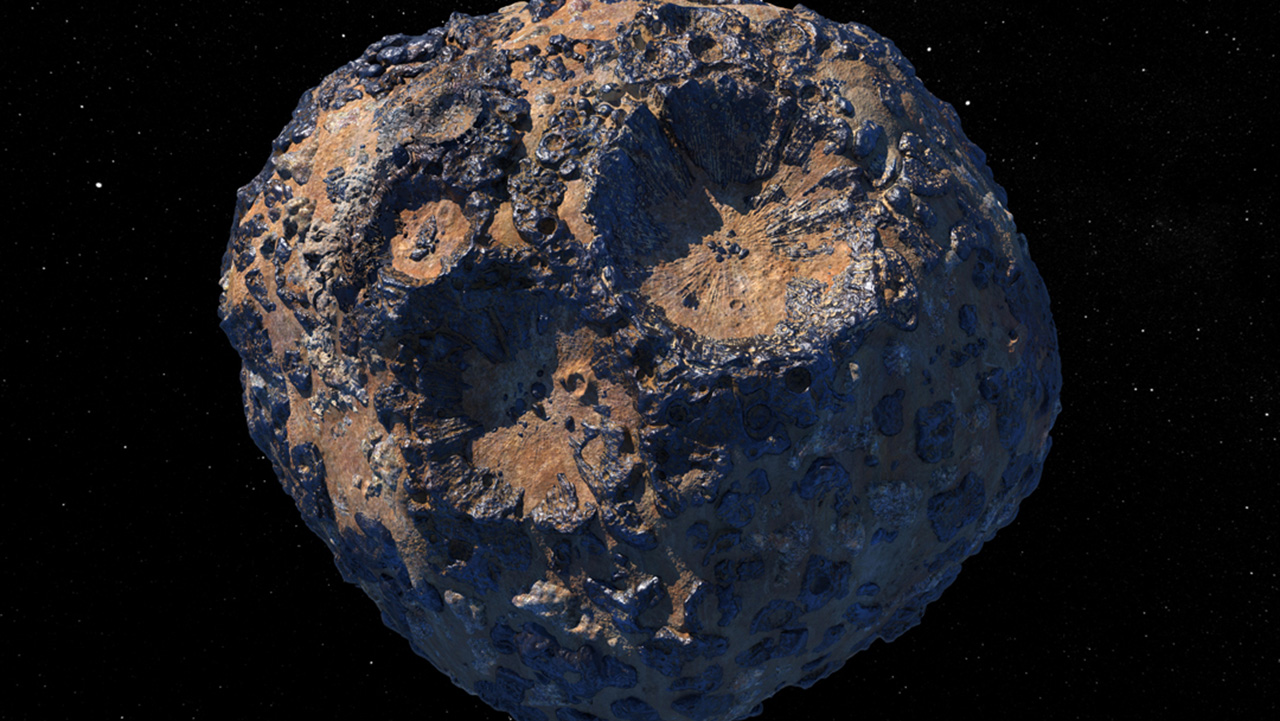June 26, 2025, TUCSON, Ariz. – June 30 is Asteroid Day, the United Nations sanctioned day of public awareness of the importance of asteroids. Asteroid Day is observed on the anniversary of the Siberia Tunguska event, Earth’s largest asteroid impact in recorded history.
Asteroids are the building blocks of the Solar System. In the Solar System’s early days, asteroids collided and merged to create the planets. The ones that remain are preserved mostly between the orbits of Mars and Jupiter and can offer a glimpse into that mysterious time.
Asteroids also offer the potential for resource extraction, so understanding their composition and other properties can help focus space mining efforts.
Asteroids vary in their composition – some are metallic while others are stony or carbon-rich – and in how they reflect light, with some bright and others dark.
Lastly, and most importantly, asteroid science can inform planetary defense. Asteroids vary in their orbits, some come precariously close to Earth.
While it’s unlikely that an asteroid will strike the Earth in the next 100 years, scientists now know that there are many yet to be found. The Vera C. Rubin Observatory just shared its first images of the night sky, and they contain evidence of newly-discovered near-Earth asteroids. There’s still much to learn about our planetary partners.
The Planetary Science Institute is home to many experts who study asteroids and other small bodies in the Solar System. Some are available for interviews ahead of Asteroid Day:
Senior scientist Thomas Prettyman is a co-investigator on the Psyche mission, which is a spacecraft on its way to explore a metal-rich asteroid. He has contributed to several other missions, but most relevantly, for NASA’s Dawn mission, he led the Gamma Ray and Neutron Detector investigation and continues to study the main-belt asteroid Vesta and dwarf planet Ceres.
[email protected]
Senior scientist Henry Hsieh’s primary expertise is in active asteroids, which are small bodies with asteroid-like orbits in the inner Solar System that look like comets. He mines archival survey data of the night sky to discover these objects and studies their behavior and evolution using targeted observations using ground- and space-based telescopes as well as computer simulations of their orbits. What he learns can tell us about the Solar System’s formation and the origin of Earth’s water, and can also identify potential asteroid mining targets for future deep space missions.
[email protected]
Senior scientist Deborah Domingue has been a part of multiple asteroid missions. Most recently, on Hayabusa2 to Ryugu, she worked to understand the composition and structure of the carbonaceous asteroid’s regolith, which provided insight into the processes that formed the current day surface. Her research mostly focuses on understanding space weathering, which is the alteration of a surface by direct exposure to the space environment.
[email protected]
###
MEDIA CONTACT
Mikayla Mace Kelley
PSI Public Information Officer
PSI INFORMATION
Amanda Hendrix
Director
PSI HOMEPAGE
PSI PRESS RELEASES
https://www.psi.edu/press-releases/
THE PLANETARY SCIENCE INSTITUTE
The Planetary Science Institute is a private, nonprofit 501(c)(3) corporation dedicated to Solar System exploration. It is headquartered in Tucson, Arizona, where it was founded in 1972.
PSI scientists are involved in numerous NASA and international missions, the study of Mars and other planets, the Moon, asteroids, comets, interplanetary dust, impact physics, the origin of the Solar System, extra-solar planet formation, dynamics, the rise of life, and other areas of research. They conduct fieldwork on all continents around the world. They are also actively involved in science education and public outreach through school programs, children’s books, popular science books and art.
PSI scientists are based in over 30 states, the District of Columbia and several international locations.

